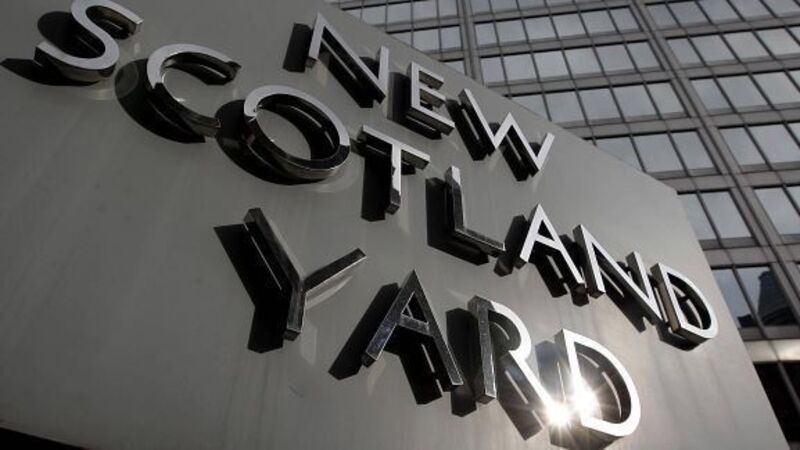Met drops bid for paper to reveal hacking sources

Scotland Yard has dropped its legal bid to force The Guardian newspaper to reveal information about the source of its phone hacking stories.
The Metropolitan Police said it “decided not to pursue” production orders against the broadsheet and one of its reporters after taking legal advice.














